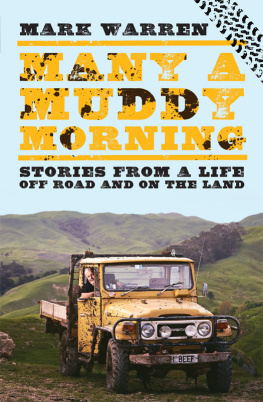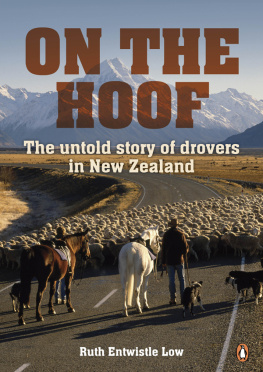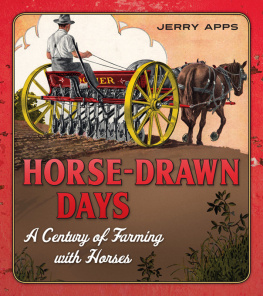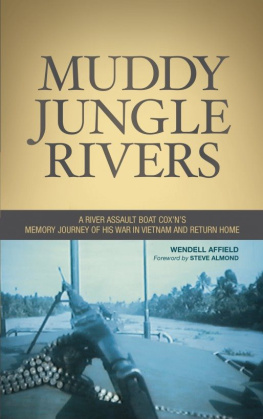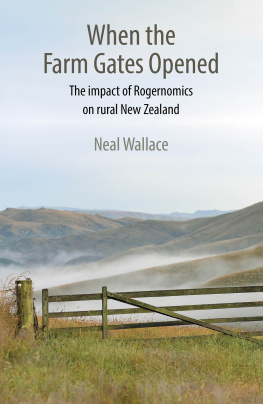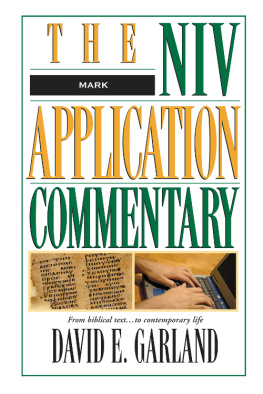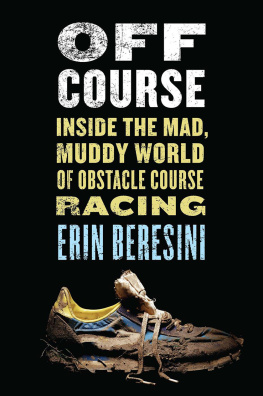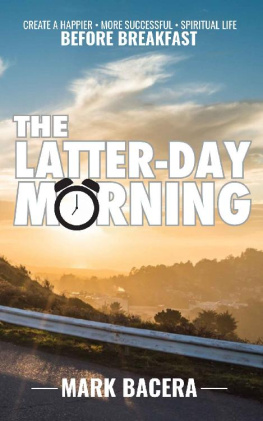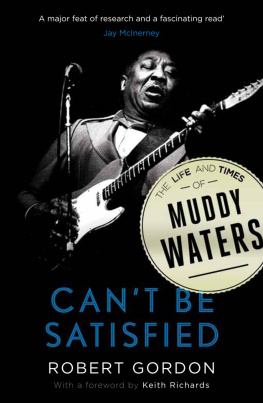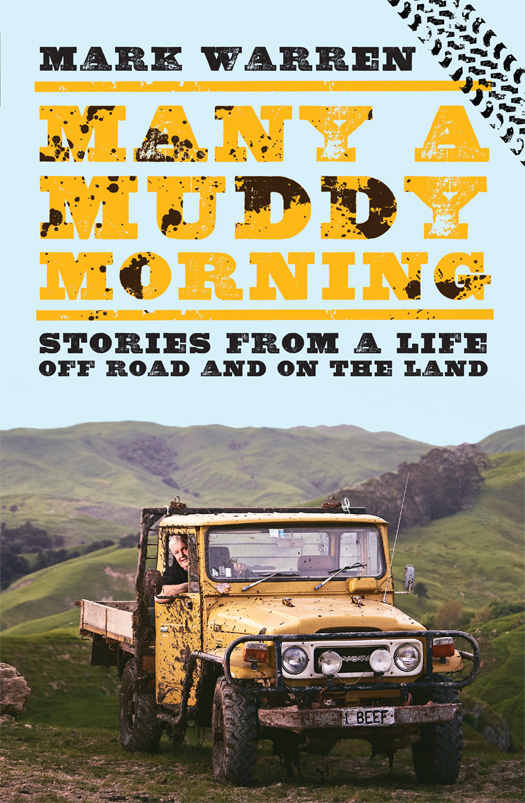CONTENTS
Guide
MARK WARREN is a farmer and four-wheel-drive instructor and competitor from Hawkes Bay. Marks upbringing in the South Islands Mackenzie Country was the beginning of a life lived off-road, from the snowy tracks of the Southern Alps to the muddy slopes of his Hawkes Bay hill-country station, Waipari. Find Mark on Facebook at Mark Warren, Waipari Station and Skid Sprint UTV.
HarperCollinsPublishers
First published in 2018
by HarperCollinsPublishers (New Zealand) Limited
Unit D1, 63 Apollo Drive, Rosedale, Auckland 0632, New Zealand
harpercollins.co.nz
Copyright Mark Warren 2018
Mark Warren asserts the moral right to be identified as the author of this work. This work is copyright. All rights reserved. No part of this publication may be reproduced, copied, scanned, stored in a retrieval system, recorded, or transmitted, in any form or by any means, without the prior written permission of the publisher.
HarperCollinsPublishers
Level 13, 201 Elizabeth Street, Sydney, NSW 2000, Australia
Unit D1, 63 Apollo Drive, Rosedale, Auckland 0632, New Zealand
A 53, Sector 57, Noida, UP, India
1 London Bridge Street, London SE1 9GF, United Kingdom
Bay Adelaide Centre, East Tower, 22 Adelaide Street West, 41st Floor, Toronto, Ontario, M5H 4E3, Canada
195 Broadway, New York, NY 10007, USA
ISBN 978 17755 4108 0 (paperback)
ISBN 978 17754 9139 2 (ebook)
A catalogue record for this book is available from the National Library of New Zealand
Cover design by HarperCollins Design Studio
Cover image by Lee Warren, Fotoshoot; tyre tracks by HarboArts.com
Cartoons by George Williams
My involvement as accountant, consultant and listener with Mark Warren, his father and grandfather has spanned 40 years. What are my impressions of Mark, and what have I learned about him?
Mark has a relatively long memory, but can have a relatively short fuse.
He can be impatient, doesnt suffer fools gladly and is still learning how to package no effectively.
He is articulate, can write well, will read if it is important, admits his mistakes and even learns from some of them.
He will fool and confuse you with his speed and willingness to discuss with you thoroughly a wide range of issues you will need to press the pause button early on. Once you get behind this veneer, you start to realise that he is well worth listening to, and has the ability to add real value.
His history behind the farm gate regarding production and financial issues is very sound, and he would be a good business mentor. Outside the farm gate, he is also sound his life experiences, and how he has coped with them, are well worth reading.
He is a very capable farmer and businessman these are key traits in New Zealand farming today, as these days its just not good enough to be average. (Maybe this comment now applies in almost all New Zealand businesses.)
Something I have learned from Mark is that it is better to be proactively wrong rather than to stay with a status quo situation that is just not working he is a very good example of how being approximately correct is so much better than being precisely wrong.
Is this book worth reading? Yes, I think you will be surprised at what you will learn I certainly did, even though I have been hammered with much of it over the years. Who might enjoy this book? Probably anybody who is still breathing.
Pita Alexander
Christchurch
November 2017
As a very young child I was never satisfied with riding my trike on the concrete pathway. I much preferred to ride it through the muddiest puddle I could find; and when the bald rubber wheel skidded in the mud, I improvised a set of tyre chains made out of binder twine to provide enough grip to successfully navigate the boggiest bits. From then on I seem to have retained a fascination with coaxing wheels through slippery situations.
This book is about my life growing up with a fascination for vehicles. It is also about the sometimes slippery, treacherous conditions that prevailed during my years as a high-country shepherd and a Hawkes Bay farmer. There were a few hairy moments along the way. Not that long ago, at a family funeral, I met a friend from my formative years who seemed amazed to see me. Im surprised youre still alive, doing the things you used to do! she said. Coming from the daughter of a pioneer skiplane aviator and test pilot, that spoke volumes!
They say if you throw enough mud at the wall, some of it will stick. This book is also about dreams and perseverance as a farmer, through some very challenging days. I hope my story, as well as being entertaining, is of use to anyone in the rural sector going through tough times. We all have a few spills in life (some of us more than others), but its how you pick yourself up again that really counts!
Mark Warren
Waipari
November 2017
Dedicated to the unsung heroes of
New Zealand farming

Bit of a cliffhanger (see Chapter 9)

Almost another furrow in my brow (see Chapter 9)
Like all quality yarns, this one begins with wool.
My first memories are of lying in my cot cocooned in the lanolin aroma of a greasy, woolly sheepskin, listening to the sound of the squeaky dredge out in Caroline Bay off Timaru. The fleece I was lying on came from the Grampians Station a couple of hundred kilometres inland in the Mackenzie Country: it was gifted to my mother by the owner, the noted painter Esther Hope, when she visited a few months before I was born.
The Grampians features in a best-selling detective story by Ngaio Marsh, one of the few that the great dame set in the land of her birth, New Zealand. In Died in the Wool, the victim of a murder is concealed in a bale of wool, the murderers ingenious plan being to have his victim exported along with the wool, affording him plenty of time to put daylight between himself and the scene of the crime. But the corpse is discovered when a wool buyer recognises the smell of decaying flesh, familiar to him from his time on the battlefield at Flanders.
Coincidentally or not, according to my mother (who should know) I was conceived on the night she and my father attended a Welcome Home dinner for Dame Ngaio Marsh in the Christchurch suburb of Cashmere. Im also told that on the day I was born the bells of St Marys were rung for 20-odd minutes. This would have been over the top if I was just another visit from the stork, but I was apparently the first son to be born to a clergyman in Timaru, my father, Martin, having recently been appointed curate of St Marys Parish. As my Grandfather Alwyn was then the incumbent Bishop of Christchurch, hopes must have been high that I would go on to become the latest member of the family ecclesiastical team.
You can see where they were coming from, because my clerical pedigree is long and distinguished. My great-great-great-grandfather, Henry Williams, was one of the first missionaries to New Zealand, and was responsible for the translation of the Treaty of Waitangi from English into Maori. Throughout the country he was affectionately known as Te Wiremu (for William), and it was said among the Maori that no European had greater mana than Te Wiremu. My other great-great-great-grandfather, William, was involved as well, and went on to become Bishop of Waiapu in Napier, Hawkes Bay. The Williams boys were themselves sons of clerical stock, their father being a Congregational minister in Gosport, back in England. I am directly descended from both Williams brothers, on account of the fact that Henrys son (Archdeacon) Samuel Williams, my great-great-grandfather, married Williams daughter Mary. Their daughter Lucy Williams married TJC Jack Warren, a wine merchant who arrived in New Zealand from England via Sydney, bearing a letter of introduction to Hawkes Bay society addressed to Mrs Tom Lowry of Okawa, Hastings, one of Hawkes Bays noted early settlers. Mrs Lowry invited TJC to attend a woolshed dance at Pourerere (just down the road from where I presently live), where he met Lucy. Taking a shine to her, he went and asked Samuel if he could step out with his daughter.
Next page
